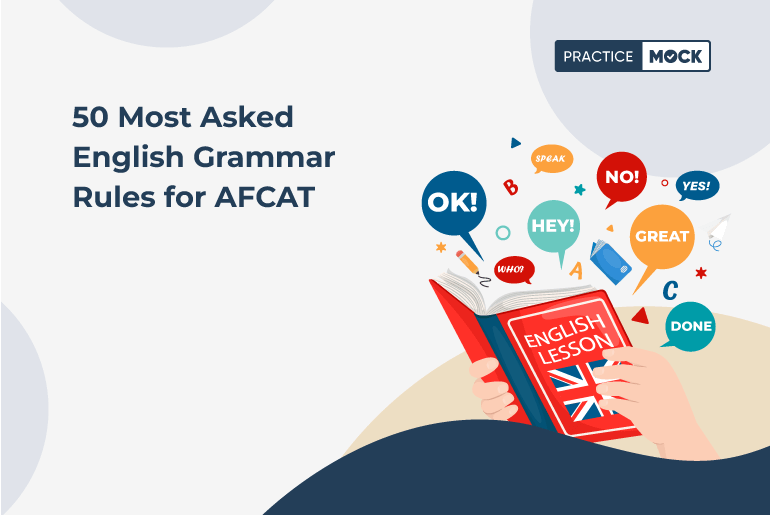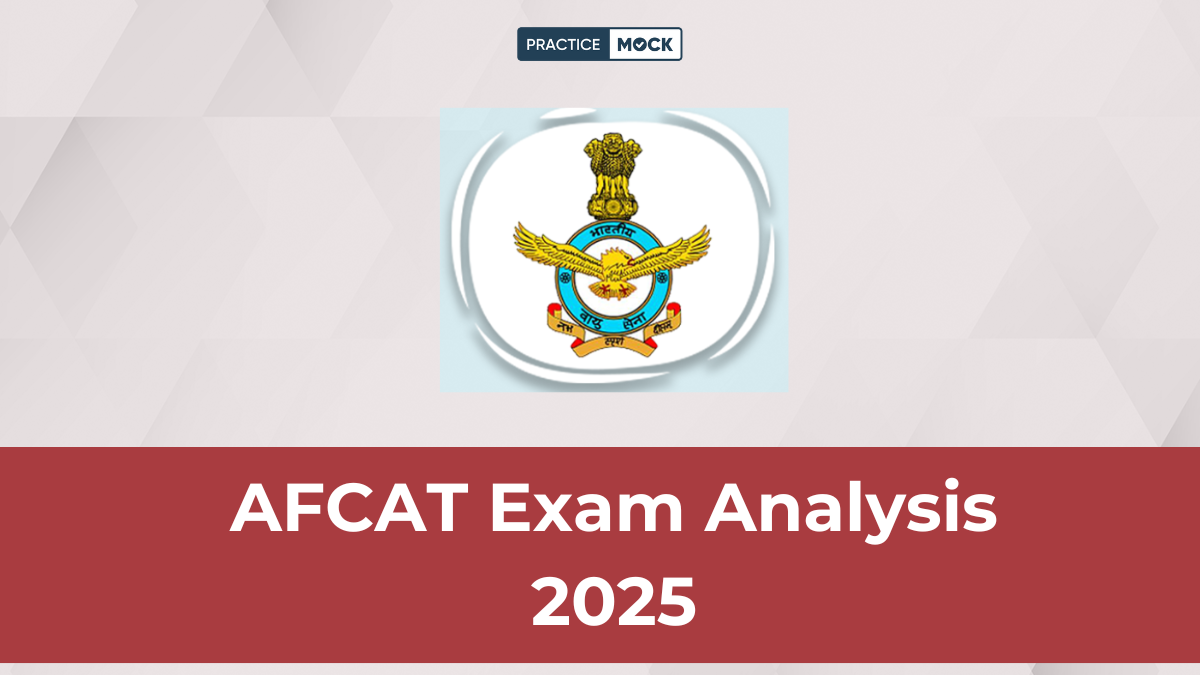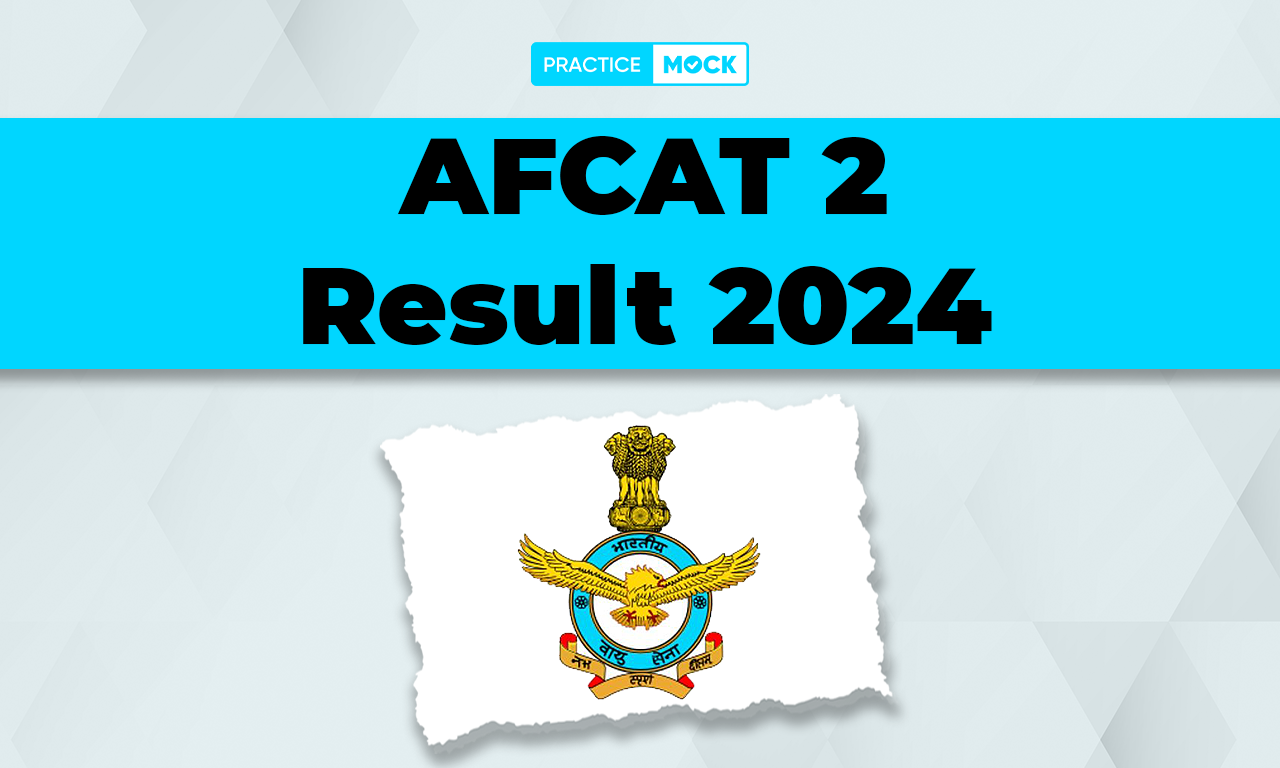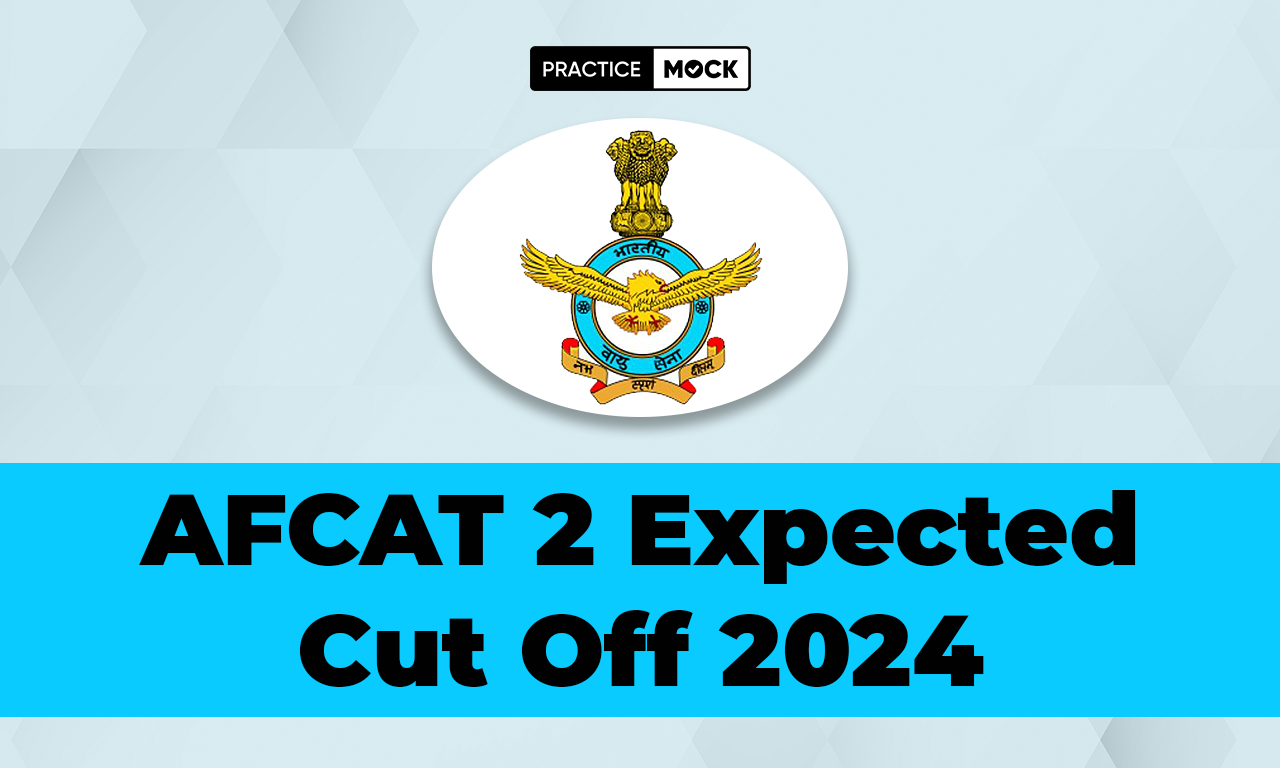

English grammar rules are essential for the AFCAT exam, which tests the candidates’ ability to communicate effectively in the official language of the Indian Air Force. A good command of grammar can help the candidates to express their thoughts clearly, accurately and confidently in the written and spoken sections of the exam. Grammar rules also help the candidates to avoid common errors and misunderstandings that can lower their scores and affect their chances of selection. Therefore, it is advisable for the AFCAT aspirants to review the basic grammar rules and practice them regularly before appearing for the exam.
AFCAT Free Mock Test- Take it Now!
Some Collective Nouns are used with singular verbs, when used as a body or group of members.
E.g., The jury has delivered its conclusion to the judge
To denote single member or individual, Collective Nouns are used with plural verbs.
E.g., The jury have not reached a conclusion because they are still arguing among themselves.
Sometimes collective nouns are used in plural form to denote members of different groups or communities.
E.g., Peoples of America
Some nouns do not change in plural form.
E.g., Sheep, Deer, Offspring, Dozen, Pair, Score, etc.
Some nouns are used only as plural nouns.
E.g., Scissors, Spectacles, Trousers, Jeans, Pyjamas, Thanks, Tidings, etc.
AFCAT Free Mock Test- Take it Now!
Some nouns look plural but are singular in number.
E.g., Mathematics, News, Measles, Billiards, etc.
Plural Compound Nouns are formed by adding ‘-s’ to the principal noun.
E.g., Commanders-in-chief from Commander-in-chief, Sons-in-law from Son-in-law, Stepdaughters from Stepdaughter, Passers-by from Passer-by, etc.
Reflexive pronoun cannot be used as a subject or object of a verb unless preceded by a noun or pronoun concerned.
E.g., Yourself and he have to attend the seminar. (incorrect)
You and he have to attend the seminar. (correct)
‘Both’ should be followed by ‘and’ and not by ‘as well as’.
E.g., Both you as well as my mother are going to see the injured dog. (incorrect)
Both you and my mother are going see the injured dog. (correct)
AFCAT Free Mock Test- Take it Now!
Singular indefinite pronoun subjects (Each, Either, Neither, One, No one, Nobody, Nothing, Anyone, Anybody, Anything, Someone, Somebody, Something, Everyone, Everybody, Everything) take singular verbs.
E.g., Everything comes to him who waits.
Someone needs to fix the light bulb.
Plural indefinite pronoun subjects (several, few, both, many) take plural verbs.
E.g., Many are collecting the thrown money.
Titles of single entities (books, organizations, countries, etc.) are always singular.
E.g., ‘Acts of the Apostles’ is my favourite book.
Plural form subjects with a singular meaning (news, measles, mumps, physics, etc.) take a singular verb.
E.g., The news is good about Mary.
Plural form subjects with a plural meaning (scissors, trousers, etc.) take a plural verb.
E.g., These scissors are blunt.
The subjunctive mood (used to express things that are hypothetical, wishful, imaginary, or factually contradictory) pairs singular subjects with what we usually think of as plural verbs.
E.g., If Ram were here, he would have been proud of me.
AFCAT Free Mock Test- Take it Now!
In indirect narration, Simple Past in Dependent Clause is changed to Past Perfect, if the Principal clause is in the Past tense.
E.g., She told me that she had planned to visit a zoo last month.
If however some universal, habitual or generally recognized fact is mentioned in the Dependent clause, the Present tense must be retained in all conditions.
E.g., He told me that the Sun rises in the east.
‘Some’ is used in affirmative sense.
E.g., I will buy some mangoes.
‘Any’ is used in negative or interrogative sense.
E.g., I will not buy any orange.
‘Each’ is used in speaking of one thing individually.
E.g., Each girl should be given a pencil.
‘Every’ is used in speaking for more than one thing individually.
E.g., Every girl in the group was silent.
‘Little’ is used in negative sense denoting ‘not much’.
E.g., They had little money to spend.
AFCAT Free Mock Test- Take it Now!
‘A little’ is used in positive sense denoting ‘some though not much’.
E.g., She saves a little money every month.
The little’ denotes ‘not much, but all there is’.
E.g., The little time we spent on reading the text was not enough to be able to answer the questions.
‘Few’ is used in negative sense and denotes ‘hardly any’.
E.g., Few people came to the meeting.
‘A few’ denotes ‘some’ and is used in a positive sense.
E.g., I have a few ideas.
‘The few’ denotes ‘not many but all there are’.
E.g., Luckily, no one came in during the few minutes she was gone.
No preposition is placed after verbs like Order, Request, Reach, Attack, Resemble, Emphasize, Accompany, Discuss, Investigate, Comprise, Enter, Flee, Join, Affect, Board, etc. when they are used in active voice.
‘So’ should be used with ‘that’ & ‘To’ with ‘too’.
E.g., He is so thin that he can pass by the narrowest gaps.
That boy was too innocent to be suspected on.
AFCAT Free Mock Test- Take it Now!
Adverbs of manner, place and time generally come after the verb or object of the verb.
E.g., We went shopping last week.
Adverbs of frequency like Always, Ever, Never, Seldom, Frequently, etc. come before the verb they modify.
E.g., I’m not sure I’ll ever trust people again.
MPT Rule : Adverbs of manner, place and time come in a single sequence.
E.g., You start off slowly in the beginning.
Adverb comes before the adjective or another adverb it modifies.
E.g., Bri ate her breakfast very quickly.
‘Else’ should be followed by ‘but’ and not ‘than’.
E.g., It is nothing else than poverty that makes them naive.
‘Enough’ as an adverb is always placed after the adjective it modifies.
E.g., I’m not tall enough to reach the top shelf.
AFCAT Free Mock Test- Take it Now!
Negative adverbs like Seldom, nowhere, never, nothing, hardly, scarcely, neither, barely, rarely, etc. should not be used with negative words.
E.g., She came out of nowhere to win the race.
Articles are omitted –
Before names of substances and abstract uncountable nouns.
E.g., Sugar has become more expensive recently.
Before plural countable nouns.
E.g., I have books in my locker.
Before names of meals.
E.g., You would definitely like to have breakfast now.
Before languages.
E.g., English is not a difficult language.
Before school, college, university, church, bed, hospital, prison, when these places are visited or used for their primary purposes.
E.g., Rudra goes to university daily.
AFCAT Free Mock Test- Take it Now!
When two or more adjectives qualify the same noun, the Article is used before the first adjective only.
E.g., I’m going to have hot sugarless coffee.
When two or more adjectives qualify different nouns, the Article is used before each adjective.
E.g., I have a black and a white pen.
While comparing, if two nouns refer to the same person or thing, the Article is used before the first noun only.
E.g., He is a better singer than dancer.
‘Scarcely’ and ‘Hardly’ should be followed by ‘when’.
E.g., Scarcely had she finished reading when she fell asleep.
Hardly had I arrived home when my phone rang.
‘No sooner’ is followed by ‘than’.
E.g., No sooner had the company launched its new product than it went bankrupt.
AFCAT Free Mock Test- Take it Now!
‘Though’ is followed by ‘yet’.
E.g., Though he might not have recognized me, yet it is rude of him.
In ‘Not only…but also’ sentence, the verb should agree with the noun or pronoun mentioned second.
E.g., The car not only is economical but also feels good to drive.
‘Unless’ means ‘if not’ and hence not used in negative sense.
E.g., Unless I’m mistaken, she was back at work yesterday.
‘Lest’ expresses negativity and cannot be used with no. ‘Should’ is always used with ‘lest’.
E.g., He was in terrible fear lest it should conquer him.
Adjective ‘Different’ should use ‘from’ and not ‘than’.
E.g., Adam is so different from his brother.
AFCAT Free Mock Test- Take it Now!
Revising and implementing these rules will definitely help you in the English Language section. Don’t forget to take the free mock test of AFCAT which will help you assess & improve your preparation.
Recent Posts
RBI Grade B Notification 2025, Expected Release Date & Latest Updates
Get all the information you need about RBI Grade B 2025 Notification, including Exam Date,…
RBI Grade B Selection Rate- Check Success Rate, Percentage and Ratio
Learn about RBI Grade B’s selection rate, applicant statistics, and how to plan smarter with…
BOB Office Assistant Cut-off 2025
BOB Office Assistant cut-off is given with the previous year trend analysis, and the expected…
Success Story of Shreyash Sharma, Cleared Supreme Court JCA
In an interview with PracticeMock, Shreyash Sharma shared his journey of clearing the Supreme Court…
IDBI Junior Assistant Manager Notification 2025 Out for 676 Posts
IDBI Bank Junior Assistant Manager recruitment notification 2025 specifies the category-wise distribution of vacancies and…
Success Story of Anay Ghosh, Cleared IBPS PO
In an interview with PracticeMock, Anay Ghosh shared his journey of clearing the IBPS PO…


